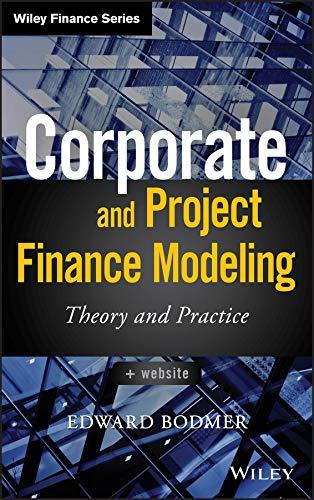Question
Medical Research Corporation is expanding its research and production capacity to introduce a new line of products. Current plans call for the expenditure of $100
Medical Research Corporation is expanding its research and production capacity to introduce a new line of products. Current plans call for the expenditure of $100 million on four projects of equal size ($25 million each), but different returns. Project A is in blood clotting proteins and has an expected return of 18 percent. Project B relates to a hepatitis vaccine and carries a potential return of 14 percent. Project C, dealing with a cardiovascular compound, is expected to earn 11.8 percent, and Project D, an investment in orthopedic implants, is expected to show a 10.9 percent return.
The firm has $15 million in retained earnings. After a capital structure with $15 million in retained earnings is reached (in which retained earnings represent 60 percent of the financing), all additional equity financing must come in the form of new common stock.
Common stock is selling for $25 per share and underwriting costs are estimated at $3 if new shares are issued. Dividends for the next year will be $.90 per share (D1), and earnings and dividends have grown consistently at 11 percent per year.
The yield on comparative bonds has been hovering at 11 percent. The investment banker feels that the first $20 million of bonds could be sold to yield 11 percent while additional debt might require a 2 percent premium and be sold to yield 13 percent. The corporate tax rate is 30 percent. Debt represents 40 percent of the capital structure.
Based on the two sources of financing, what is the initial weighted average cost of capital? (Use Kd and Ke.)
At what size capital structure will the firm run out of retained earnings?
What will the marginal cost of capital be immediately after that point?
At what size capital structure will there be a change in the cost of debt?
What will the marginal cost of capital be immediately after that point?
Based on the information about potential returns on investments in the first paragraph and information on marginal cost of capital (in parts a, c, and e), how large a capital investment budget should the firm use?
Step by Step Solution
There are 3 Steps involved in it
Step: 1

Get Instant Access to Expert-Tailored Solutions
See step-by-step solutions with expert insights and AI powered tools for academic success
Step: 2

Step: 3

Ace Your Homework with AI
Get the answers you need in no time with our AI-driven, step-by-step assistance
Get Started


